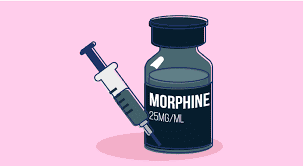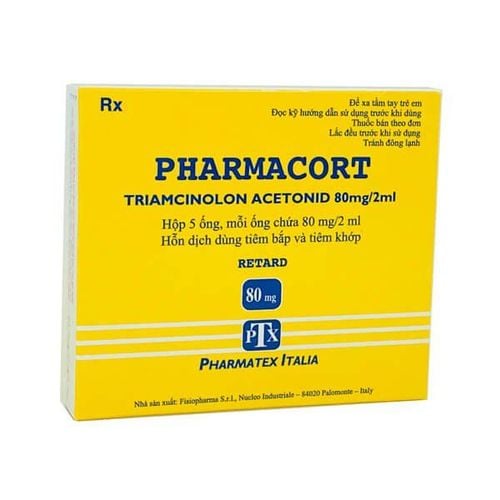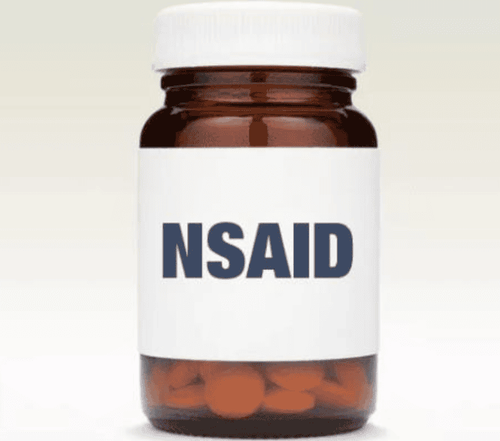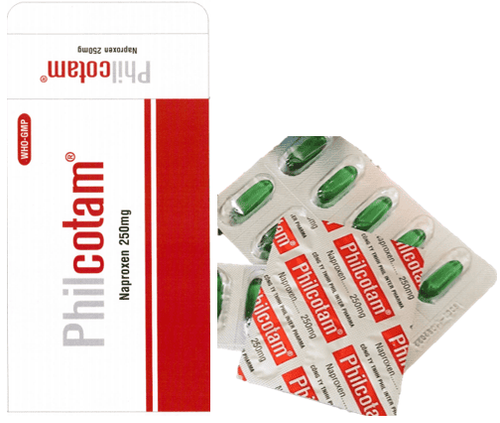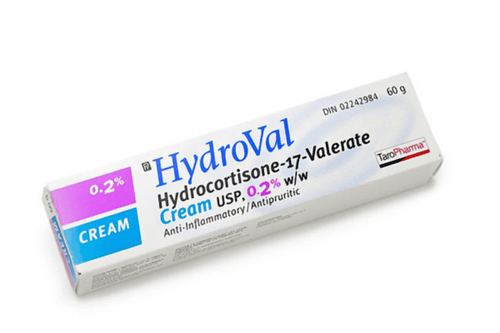This is an automatically translated article.
Arthritis refers to a group of diseases that lead to joint inflammation and chronic pain. Often, a combination of drugs is used to relieve joint pain and discomfort caused by arthritis. Here are some notes when using arthritis pain relievers.
1. Types of Osteoarthritis Pain Relief
Pain relievers are divided into two main groups: opioids and non-opioid.
Opioids commonly known as narcotics (opioids) Non-opioid analgesics include: non-steroidal anti-inflammatory drugs (NSAIDs) and acetaminophen Opioid analgesics include drugs derived from natural opiates (eg. : codeine and morphine) as well as man-made opioids (eg, oxycodone). This class of drugs provides quick and effective pain relief and is usually reserved for the treatment of severe pain.
Non-opioid analgesics used to treat arthritis and musculoskeletal pain include nonsteroidal anti-inflammatory drugs (NSAIDs) and acetaminophen. NSAIDs are designed to reduce inflammation and relieve mild to moderate pain. Nonsteroidal anti-inflammatory drugs (NSAIDs) are the medications most commonly prescribed to treat inflammation and pain caused by arthritis, bursitis, and tendonitis. They can be taken orally or rubbed onto the joints. NSAIDs block the enzyme cyclooxygenase (COX) that makes prostaglandins, which are hormone-like chemicals that play the biggest role in inflammation.
Most NSAIDs inhibit the COX-1 and COX-2 enzymes.
COX-1 enzyme affects blood clotting and the health of the stomach lining COX-2 enzyme affects inflammation that can lead to pain Certain types of NSAIDs specifically block only COX-2 enzymes. Called selective COX-2 inhibitors, these drugs are less likely to affect blood clotting or harm the stomach.
Another non-opioid pain reliever commonly used to treat musculoskeletal pain is acetaminophen. Acetaminophen does not address inflammation, on the contrary, it works by interfering with the brain's ability to process pain signals.
2. Note when taking pain relievers when suffering from arthritis
2.1 Opioids
Although these drugs play an important role in reducing arthritis pain, they carry risks and side effects. For example,
Opioids can make patients feel hazy and drowsy, as well as cause constipation, itching, and nausea. Patients taking opioids for chronic pain develop a tolerance to the drug over time, meaning their bodies require higher doses to achieve the same level of pain relief. Drugs, or opioids, can be addictive, especially for people who have had an addiction problem. Patients should study the potential risks and side effects of opioids, especially if taking them for more than a week or two.

Thuốc giảm đau viêm khớp Opioid có thể làm cho bệnh nhân cảm thấy mơ hồ và buồn ngủ
2.2 Non-steroidal anti-inflammatory drugs (NSAIDs)
NSAIDs can cause side effects, the most common being upset stomach, heartburn, diarrhea, or constipation. There is also some evidence that NSAIDs and COX-2 inhibitors can interfere with bone healing, an obvious concern for patients undergoing joint replacement surgery.
2.3 Acetaminophen (paracetamol)
Acetaminophen has relatively few side effects; however, this drug is metabolized by the liver, so patients should be aware of:
Overdosage of the recommended daily dose may cause liver damage. Some brands of opioid medications contain extra acetaminophen. Patients taking opioids or other medications should ask their doctor or pharmacist before taking acetaminophen. (On prescription labels, acetaminophen may be listed as “APAP.”) Taking acetaminophen and drinking alcohol can cause liver damage. The FDA warns that patients who take safe doses of acetaminophen but drink three or more alcoholic beverages a day may be at increased risk of liver damage. The chronic pain associated with arthritis can interfere with your normal daily activities and affect your quality of life. That's why it's important to find the treatment that's right for you. Your doctor may prescribe one of these pain relievers, each with specific recommendations and risks. Whether you're looking for short-term pain relief or stronger long-term treatment, be sure to discuss with your doctor the best medication for your condition.
Please dial HOTLINE for more information or register for an appointment HERE. Download MyVinmec app to make appointments faster and to manage your bookings easily.




